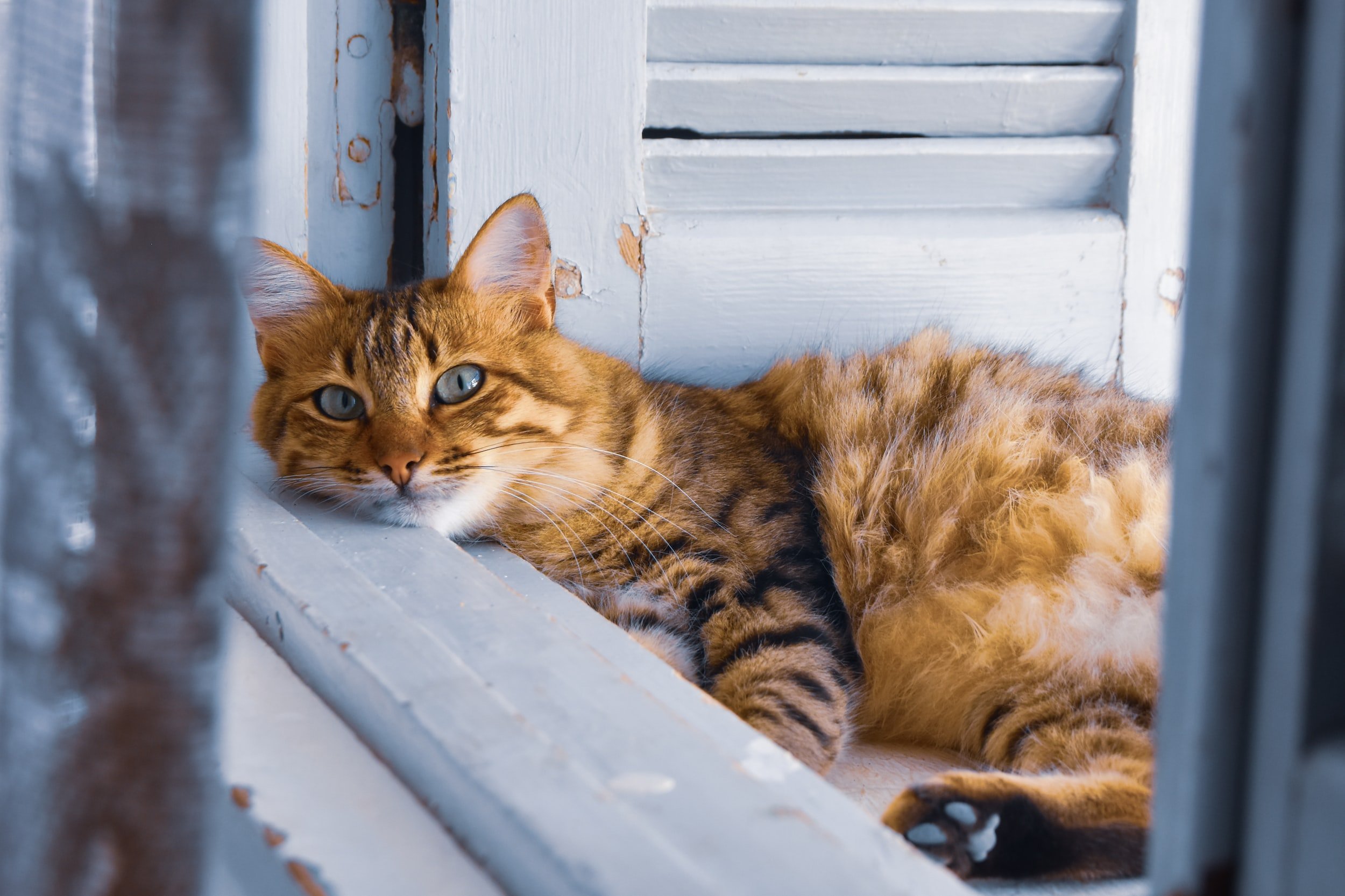
Products
Megestrol Acetate (MA)
Short-term use of low-dose MA can help prevent litters while awaiting spay surgery.
Have you used MA in your shelter or clinic? Please let us know about your experience by emailing us. 
Limited surgical capacity contributes to long wait times for spay/neuter surgery. In many areas, the challenge of limited surgical capacity was amplified during the Covid-19 pandemic and related veterinary staff shortages. In circumstances where spay surgery is available but delayed, use of the short-term contraceptive megestrol acetate (MA) can potentially be a helpful tool to prevent unwanted litters.
MA-based contraceptives (Ovaban®, Megace®) are approved in some countries to prevent fertility in female cats and/or dogs. Here we focus on MA’s off-label use as a contraceptive for female cats due to their high rates of reproduction and the impact that “spay delay” can have on population numbers. We have curated these resources to help veterinarians, shelters, and pet owners consider whether MA is right for their situation.
Note that MA is not appropriate for every cat or every situation.
These resources are educational only. Consult with your veterinarian to decide if MA is recommended for your pet.

What about dogs?
Please see our position statement, short-term use of megestrol acetate for temporary estrus postponement in dogs.
What is MA?
MA has been used for dogs and cats over several decades in numerous countries under different brand names and at varying recommended doses. One result of this has been that experiences with and perspectives on the drug vary significantly. MA retains a poor reputation in the U.S. that it may not deserve. Used correctly under specific circumstances (by attentive owners/caregivers over short time periods), MA can provide relatively safe postponement of estrus and temporary prevention of pregnancy.
In the U.S., a very low-dose oral application was marketed briefly under the name FeralStat for short term use in feral cats; some individuals are now using a compounded equivalent based on their experience. It was difficult to evaluate FeralStat as its dose levels were far lower than doses of MA studied for efficacy and safety.
Resources
The early months of the COVID-19 pandemic saw widespread “surgical shut-downs” and limited options for spaying and neutering dogs and cats. ACC&D consulted with experts and reviewed available data to provide information on use of low-dose MA as a stopgap option for some cats. Although several of the materials below were inspired by pandemic-related restrictions, they remain relevant for assessing risks and benefits of short-term use of MA when surgery is delayed.
For a concise summary of using MA as a stopgap measure, read our position statement:
Recent case studies examining shelter use of MA
ACC&D has served as a resource for two shelters that launched pilot programs offering MA to cats waiting for spay surgery. For more information, including forms to help you develop your own MA program, check out the resources that these organizations have generously shared.
Toronto Humane Society runs a Pilot microdosing MA in community cats (Ontario, Canada)
Faced with a significant reduction in Trap-Neuter-Return (TNR) program capacity during the height of the Covid-19 pandemic, the Toronto Humane Society sought ways to reduce numbers of unwanted pregnancies in community cats. The Toronto Humane Society implemented a pilot program in which select caregivers administered an MA “micro dose” (0.1 to 0.2 mg/kg per cat) to a small number of community cats. The purpose of the pilot was to assess MA’s safety, feasibility, and practicality when used in community cats. Results were very encouraging; only one cat became pregnant following MA treatment, and caregivers found MA was easy to administer. No medical concerns were identified by the caregivers or at surgery.
For more information about the program and results, please view the Program Report.
Program Materials
Summary of Results (PDF of PPT Slides)
Caregiver Packet (including medical disclosure and best practices for feeding with MA)
Caregiver MA Tracking Sheet (Excel)
Hospital MA Data Collection Sheet (Word Doc)
Cat Adoption Team’s Kitty Birth Control Clinic for pet cats (Oregon, USA)
Covid-19 contributed to long waitlists for Portland, Oregon-area owners seeking low-cost spay/neuter for their cats. In response to a 1,000+ client waitlist, ACC&D partnered with Cat Adoption Team (C.A.T.) to conduct a pilot program using MA to prevent cats from becoming pregnant while awaiting their spay appointment. Cats on the waitlist were offered brief “kitty birth control” appointments to see if they were good candidates for MA. This meant that they were healthy, weighed at least four pounds and not already pregnant. C.A.T. obtained office stock of MA from a local compounder, which made the medication affordable. Results were promising: none of the cats treated with MA and subsequently spayed at C.A.T. were pregnant, and there were minimal concerning side effects.
Program Materials
Journal Articles
Romagnoli, S. “Progestins to control feline reproduction: Historical abuse of high doses and potentially safe use of low doses” Journal of Feline Medicine and Surgery (2015) 17:743-751.
Greenberg, M., D. Lawler, S. Zawistowski, and W. Jochle. "Low-dose megestrol acetate revisited: A viable adjunct to surgical sterilization in free roaming cats?" Veterinary Journal (2013) 196:304-308. (Dr. Mike Greenberg collaborated with ACC&D Directors and Scientific Advisors on this article.)
More Practical Resources
ACC&D's Progestins Profile and Position Paper - Detailed information on MA and other progestin contraceptives
Other helpful links
Alley Cat Allies' statement on MA: A Potential Lifesaver during Covid-19
Megestrol Acetate FAQ - Dr. Michael Greenberg of Maddie's Fund answers questions about using MA during the pandemic
Webinar: An emergency contraceptive option for cats during COVID-19 delayed surgery
Webinar Q&A (PDF)
An Oral Cat Contraception Option as you Manage Spay Delay - PowerPoint slides from HSUS Care Expo 2021 presentation by Joyce Briggs, Dr. Linda Jacobson, and Dr. Julie Levy
ACC&D’s MA survey: Insights from those who used or considered using MA during the Covid-19 pandemic’s early months


